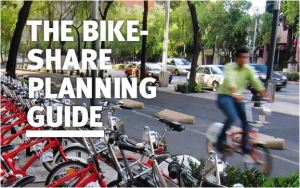
Intended as a handy research aid, checklist and reminder for students, researchers and others digging into the Slow City and related technical and policy challenges. A certain familiarity with these concepts is desirable; more than that I would say essential.
It is particularly important that those responsible for planning and policy be comfortable with these concepts. Anyone prepared to work in the field will already have familiarity with, say, 9 out of 10 of the concepts identified here. It concerns the stuff of sustainable transport, sustainable mobility and sustainable cities. (I would draw your attention particularly to those entries that are marked with two asterisks * * which touch on some of the more subtle and essential components of a sustainable transport policy.)
From the beginning in the late eighties the New Mobility Agenda was conceived as a shared space for communications and didactic tools zeroing in on our chosen topic from a number of angles, and over the last eight years World Streets has continued in this tradition. I hope that what follows may be useful to some of you. As you will see, I think it is an important and powerful tool — which those of us who care can help shape and put to work for the good cause.
How much can you trust Wikipedia — and what you can do about it
Continue reading →








 PRIMERS:
PRIMERS: 
 From the beginning in the late eighties the New Mobility Agenda was conceived as a shared space for communications and didactic tools zeroing in on our chosen topic from a number of angles, and over the last eight years World Streets has continued in this tradition. I hope that what follows may be useful to some of you. As you will see, I think it is an important and powerful tool — which those of us who care can help shape and put to work for the good cause.
From the beginning in the late eighties the New Mobility Agenda was conceived as a shared space for communications and didactic tools zeroing in on our chosen topic from a number of angles, and over the last eight years World Streets has continued in this tradition. I hope that what follows may be useful to some of you. As you will see, I think it is an important and powerful tool — which those of us who care can help shape and put to work for the good cause.






